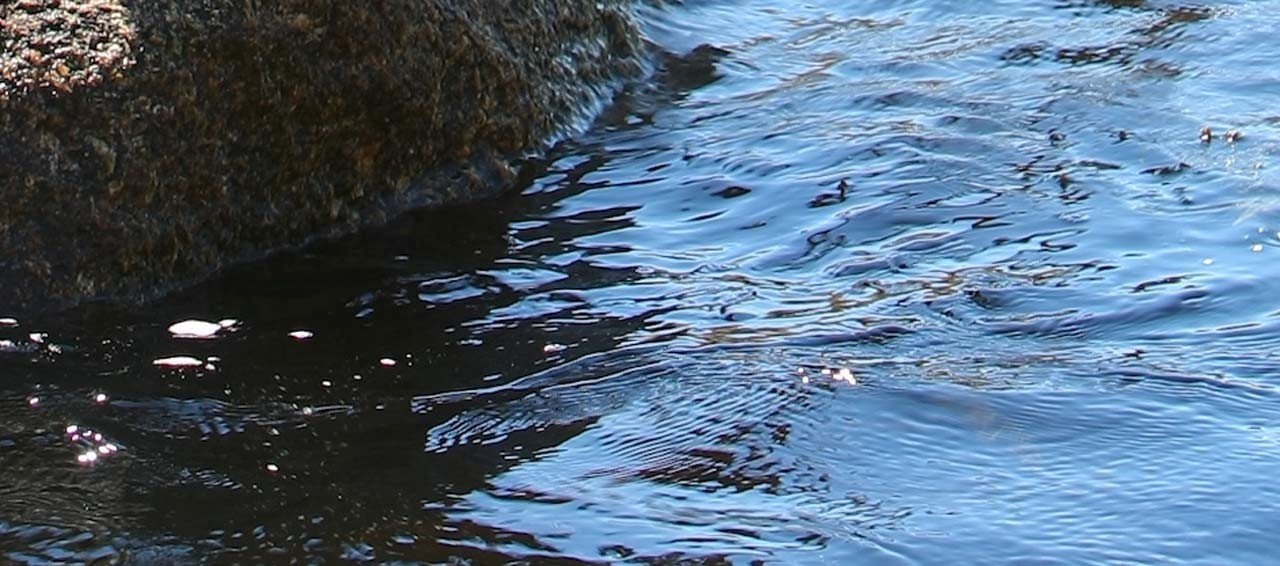Prospective Students
An Honours degree, or its equivalent, is required for graduate admission to the Department of Oceanography. Undergraduate preparation may be in any of the basic sciences: Biology, Chemistry, Physics or Geology. Degrees in Atmospheric Science, Meteorology, Mathematics or Engineering are also acceptable if the undergraduate work includes a reasonably good background in relevant basic science. In alignment with our undergraduate program, several of the graduate classes have first-year undergraduate Calculus as a prerequisite; please see the Calendar for details. 
Master of Science (MSc)
║┌┴¤│ď╣¤═°offers a master's program with a thesis requirement allowing students to gain research experience in oceanography. ┬á
Doctor of Philosophy (PhD)
║┌┴¤│ď╣¤═°offers a doctoral program allowing students to gain research experience in oceanography. In addition to courses and thesis research, students are required to meet extra qualifying criteria and defend a proposal for research.
Advice from the Graduate Admissions Committee
Thinking of graduate school?
- Graduate students typically conduct research with faculty supervisors. Supervisors are not just teachers; they are also mentors, research advisors and collaborators, and sometimes employers.
- Students do not typically pay tuition. Instead, support for the studentsÔÇÖ living and research expenses comes mainly from supervisorsÔÇÖ research grants.┬á
- Applicants to graduate programs are strongly advised to establish personal contact with potential faculty supervisors, and to do so before beginning the formal application process.
- Browse our faculty profiles. This is a good starting point for learning about various research interests in the department. Assess this information in the context of your own background, interests, and career goals to identify potential advisors to contact.
Make contact
- Email contact should be informed, specific, and well-written. Include a statement of research interests and goals and attach your CV and transcripts. Remember composing a thoughtful email is more likely to impress than a generic note expressing a love of the sea.
- Act quickly, get ahead. Potential supervisors are often only aware of students who make contact. Our faculty members accept graduate students regularly but are typically under deadlines so don't hesitate.
- Any of our faculty would be delighted to forward promising messages to colleagues whose research interests better match those outlined by a potential student, or who have new openings for students.
Graduate Coordinator
Dr. David Barclay
Ěí│ż▓╣ż▒▒˘:╠řoceansec@dal.ca
